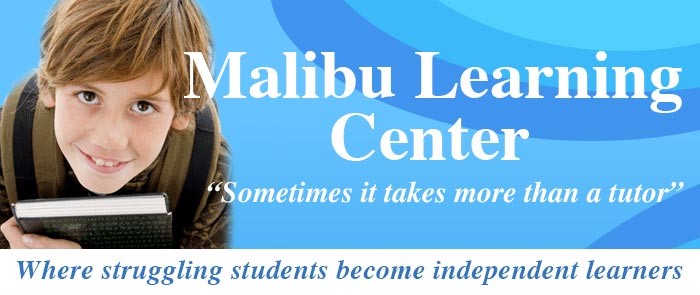
Think of learning as a tree.
For students with strong underlying learning skills we provide academic tutoring in school subjects – the leaves. For those students who seem to struggle year after year we remediate their thinking skills at the roots so that they can learn more easily. When you look at a tree the most obvious part are the leaves.
But without a good root system and trunk, those leaves cannot grow and thrive. Learning is like a tree. The leaves are the academics – reading, math, writing, history and science. Growth and learning in these areas are dependent upon a strong root system and trunk.
The roots are the underlying processing skills that allow us to think about and understand what we see and hear. If there are problems at the root level, there will be problems with academics.
The trunk is what we call “executive function”. This takes the incoming information from the roots and organizes it in the frontal lobe of the brain for learning. If the student has problems with organization, planning and reasoning ( or executive function skills) it will affect academics.
Traditional tutoring assumes that these underlying processing and executive function skills are in place and it works at the top of the tree with the academics. In most cases learning problems are the result of weak or underdeveloped skills at the root level.
To permanently solve a learning problem, the underlying skills must be developed.
Fortunately, current brain research (as well as my own experience) gives much evidence that the brain can be retrained for better learning so that students don’t have to go through life crippled by their learning challenges.
We tutor students to solve their short term problems in school but a long term learning problem must be addressed by strengthening the weak underlying skills.
The goal at the Malibu Learning Center is to permanently and effectively improve academic skills. To do this, we must prepare the brain for learning by strengthening the underlying thinking processes that support academic skills.
Phase 1 – Cognitive Processing Programs
 PACE (Processing and Cognitive Enhancement)
PACE (Processing and Cognitive Enhancement)
This research -based program is designed to strengthen and improve basic learning skills, including memory, attention, visual and auditory processing, processing speed and logic.
A variety of challenging and engaging activities build step by step with more intensity in a game-like format that engages young learners as well as adults.
The result is better academics with higher test scores and far more independent and comfortable learning.
The results are permanent and the students feel a new sense of confidence in their ability to handle academics.- Samonas Sound Therapy
- Integrated Listening Systems
Both of these sound therapy programs are based on the groundbreaking work of Dr. Alfred Tomatis who first identified listening and auditory processing as critical learning skills that can be strengthened with sound therapy. These are gentle yet powerful programs that use a protocol of classical music whose sound frequencies have been altered to promote better listening, auditory processing, reading comprehension, expressive language and fluid movement. - Brainspark
In addition to working the processing skills of memory and attention, this program also works on gross and fine motor skills. - Edu-Therapeutics
Based on the work of Dr. Joan Smith, this extensive collection of teaching strategies builds on the concept of neuroplasticity and applies cognitive training to academics. - Master the Code
Based on the research that identifies the key components of a good reading program, MTC targets underlying skills of multisyllable decoding and spelling rules that are most often the reason for reading comprehension problems in upper grade students. - Core Learning
This program is used before or in addition to the cognitive training programs for students whose learning problems include motor inefficiencies or retained reflexes. - Auditory Stimulation Training for Reading and Comprehension
This systematic and explicit reading intervention is used in addition to one of the sound therapy programs to improve phonemic awareness, decoding and reading comprehension, as well as spelling and writing.
Phase 2 – Educational Therapy
 When processing skills are strengthened to support academic learning, we often follow up with educational therapy to help students catch up on their math, spelling, writing and study skills. We also teach study skills, time management and test preparation.
When processing skills are strengthened to support academic learning, we often follow up with educational therapy to help students catch up on their math, spelling, writing and study skills. We also teach study skills, time management and test preparation.
Reading to understand is not just decoding the words accurately or passing your eyes over the text. At the Malibu Learning Center we teach students many strategies to actively engage with their reading, including asking questions, making predictions, referencing their own store of knowledge and making inferences to truly understand and interpret what they read. We also teach them to visualize images from the words on the page.
We teach writing skills by developing the thinking and organizational habits needed to write coherently. We use the programs, “Writing Adventures” by Donna Austin and Patricia Padgett and “Writing Skills” by Diana Hanbury King, as well as a wide variety of other resources to stimulate and teach writing.
Math skills are taught using a wide variety of multisensory approaches and programs including Math U See and Math Detective and Touch Math. Math facts and procedures are taught, based on memory strategies that draw from the student’s learning strengths.


 (310) 804-3704
(310) 804-3704 